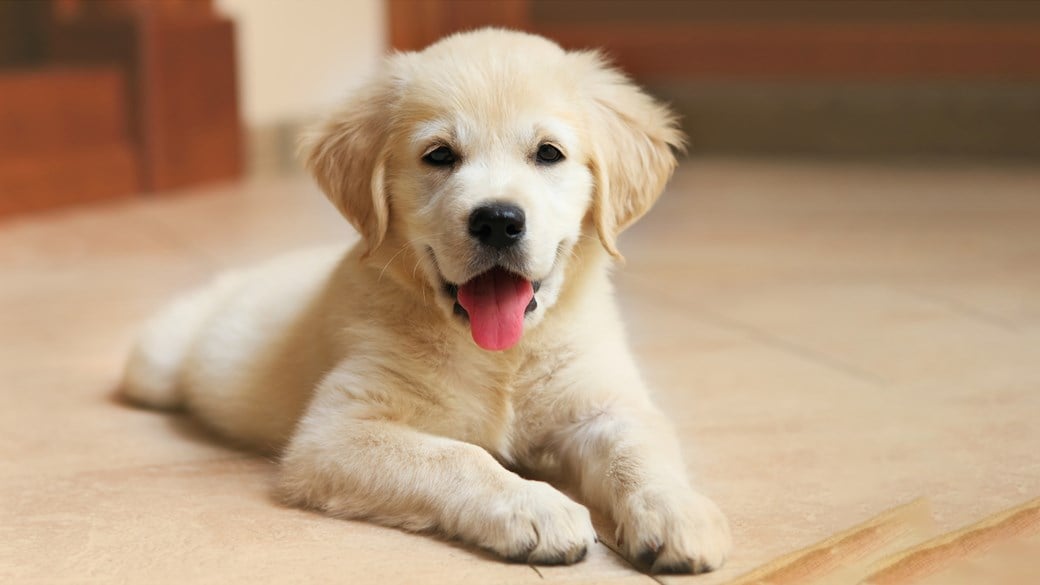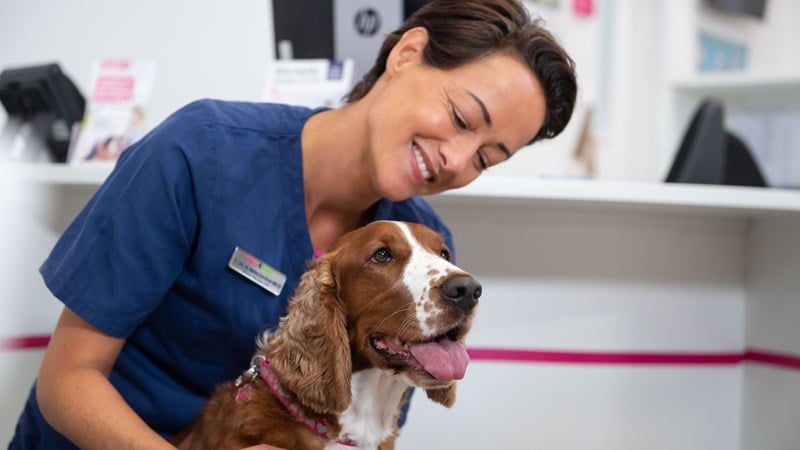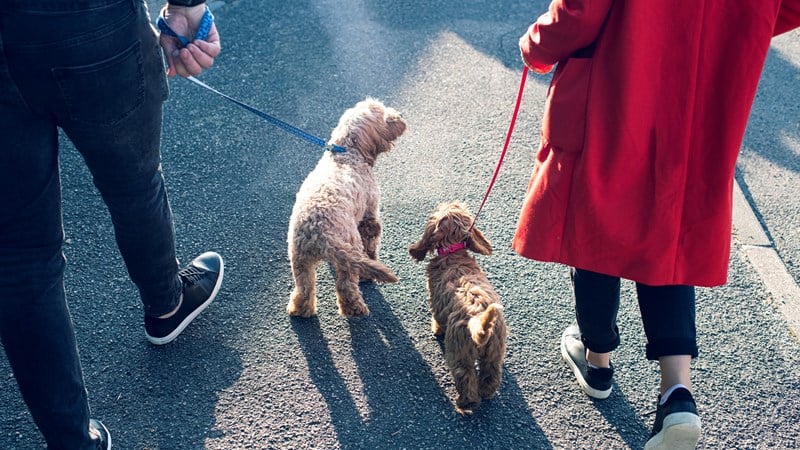
How to Prepare for a New Puppy
Bringing home a puppy is always exciting, but be prepared!
Getting a new puppy is a really exciting time for everyone, and it’s important to know what to do with a new puppy! Planning ahead can really help make sure you are all ready for your new arrival and prevent any surprises!
If you haven’t picked your puppy yet, have a look at our advice on choosing the right dog.
What do you need for a puppy?
The first step is to take a look at your home through the eyes of a puppy! What may seem boring or benign to us can be very exciting to puppies, and sadly accidents can happen in a house that isn’t fully ‘puppy-proofed’. Although you may feel a little silly, getting down on your hands and knees to see your house for a puppy’s vantage point can be a good way to spot hazards and breakables you might not notice from up high!
Consider:
- Dangling fabrics, wires and string
- Household toxins
- Keep the rubbish safe
- Cupboards and drawers
- Heights (Puppies are better at getting up than getting down, and a tumble can easily result in sprains or broken bones)
- Small objects (Small objects, such as paperclips and coins, are easily swallowed and puppies may well chew on these as they explore their new home)
- Breakables
- Socks
- Furniture
Getting a dog is a really big commitment and the whole family needs to be on board. This goes beyond just agreeing to get a dog; all the family should be invested in the pup you bring home, and how they are going to be raised.
Part of this is planning in advance what the rules are going to be, and how you want to train your dog:
- What cues are you using? It's going to get confusing for your puppy if one person is using come and another is using here!
- What are the house rules? For example, no dogs on the sofa? Mixed messages can be bewildering for a puppy.
- Where can they go? Are there areas of the house that will be off-limits, such as bedrooms or upstairs?
- Whose job is it? From poo-picking to weighing out breakfast, there are lots of jobs associated with dog care.
- Stay positive and stay calm. It's natural for children to squeal if puppies jump up or bite but this can either frighten puppies or excite them and make them worse. Teach children to stand still like a tree if puppy play gets too much and to ask an adult to help.
It’s also important to make sure that you have sorted out how you will find the time to take care of your new dog. This involves making sure they are never left alone at home for too long, and that they get appropriate time for exercise and socialisation. This may involve booking extra help, like doggy daycare or walkers.
Finally, it’s important to think about the puppy’s first few days and weeks. Many people get a new puppy when they are off work for a period – this is a great way to spend time with your new arrival and get bonding! Don’t forget though, if you will be leaving your dog alone for periods of time when they’re older, it’s important to build this into their normal routine early on.
Go to any pet shop like Pets at Home and you will see that the list of what to get for your puppy is almost endless! Here are just a few things to think about adding to your list for your puppy, to keep them happy and healthy:
- Food bowl
- Water bowl
- Poop bags
- Travel Dog Crate or Harness
- Pheromones. While not a necessity, pheromone diffusers, collars and sprays claim to mimic the natural safe pheromone that mums use to calm their puppies
- Bed
- Crate. While not a necessity, a crate is a great tool for training as well as giving your new pup a space that's all their own.
- Grooming tools
- Toys
- Harness/lead/collar
- Puppy pads
- Dog toothbrush and paste
Before you go and fetch your puppy, you need to have their home set up and ready to go! When you first bring your puppy home, the best way to manage their introduction to the household is to have them in just one or two rooms for the first few days as they settle in. This:
- Makes it easier to puppy-proof
- Means you know where they are
- Allows you to manage the hustle and bustle of the house as they settle in
- Makes toilet training easier, as you can use a room close to an external door
- Allows them to explore and settle in their own time
- Allows busy households to regulate puppy access which can be especially important in households with small children.
Ideally the room will be quite central, as this stops your puppy from feeling isolated. Many people choose the kitchen as it is a family hub, the floors are often easy to clean and it may well be where your dog will be fed routinely. Just make sure if you are planning to use a crate that it will fit in the room you choose –
The room should contain everything your puppy needs, including food and water bowls, a bed, crate, toys and puppy pads if you are using them. Once your home is all set up, it’s just missing one crucial thing – your new pup!
Health Plans to keep your puppy healthy
At Vets4Pets we offer a range of Health Plans that make essential routine treatments more affordable. You'll save money on things like annual vaccinations, flea and worm treatment and routine health check-ups.

Join our free VIP Puppy club
Join the club for expert advice and tailored offers, including £30 off our Complete Care Health Plans

Puppy & Kitten Advice
Giving your pet the best start in life begins with getting the best expert advice.
